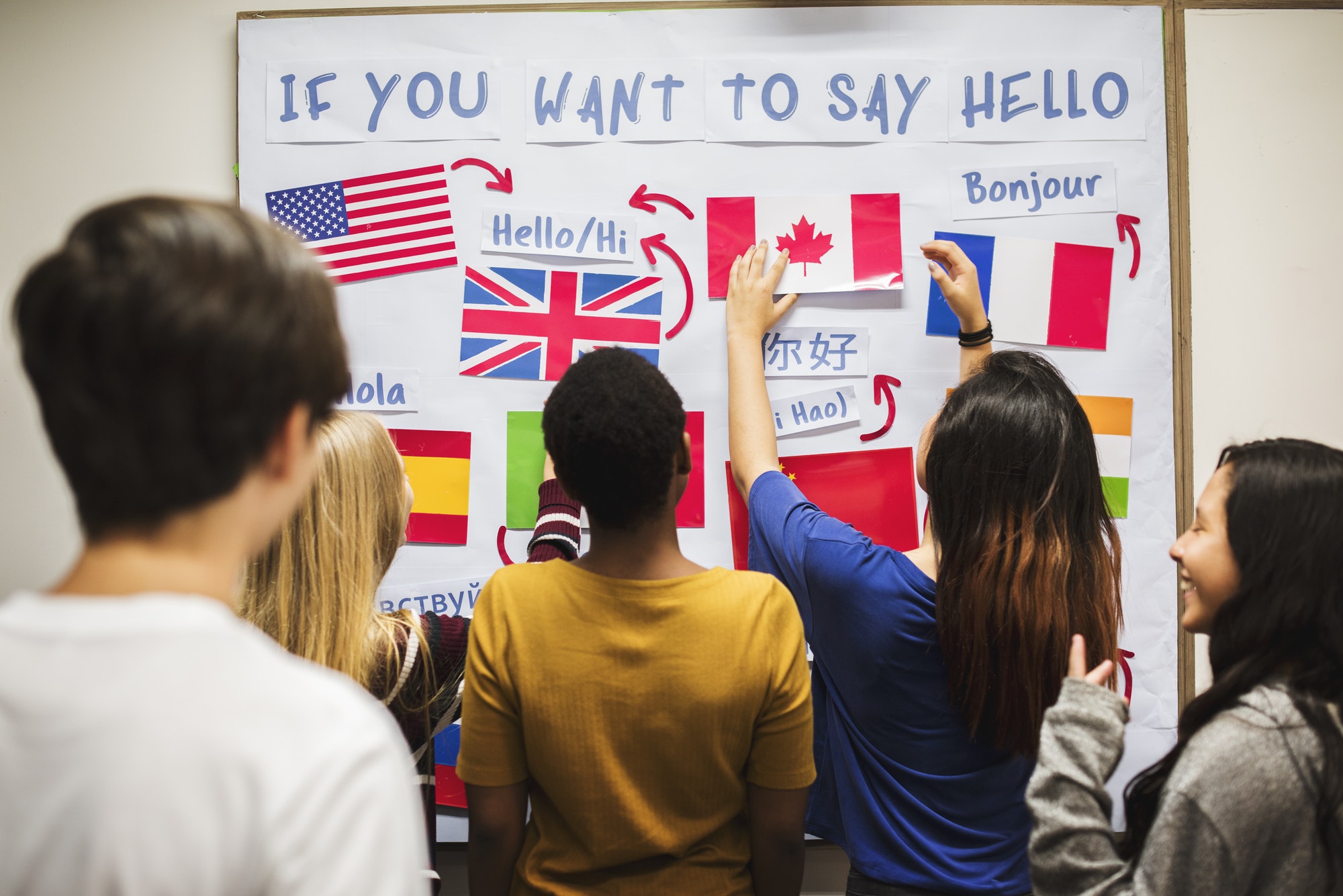With every lesson learned, I’ve made it a point to attach a quote. One quote that applies to my personal experiences in learning a new language is “Learning another language is not only learning different words for the same things but learning another way to think about things.” Another quote is, “Learning another language is like becoming another person.”
Interesting, right? Let me tell you about my attempts and compare the differences in learning three languages – German, Spanish, and English – and perhaps, arrive at another quote.
Opened my eyes to being a new person
In high school, I had to learn German as a requirement for earning credits for science-oriented coursework. It was a requirement and hence, nothing that really “encouraged” me at the start, being a contrary person. Additionally, the teacher was an overbearing gentleman who thought perhaps all who did not speak the language are lesser humans. He kept on prattling about his stay in Germany and the many aspects of German culture he admired.
So that course in Deutsch took off with a broken wing due to the person teaching the language. However, I went regularly to visit the Goethe Haus which was a German-sponsored cultural house. It’s now called Goethe Institute and I free up my weekends to view their feature films with subtitles. Just lately, I watched nine award-winning feature films and a documentary by well-acclaimed German filmmaker, Wim Wenders for FREE!
What my teacher lacked in elan, this Institute more than fulfilled to brimming. Their FB site also provided me with helpful posts: “Anyone crossing national borders within the EU will no longer encounter turnpikes. Since 1995, the Schengen Agreement has ensured freedom of travel. What if border controls were reintroduced everywhere?” Applications of the German language surely opened my eyes to being a new person, knowing another culture and being admitted to the company of people who were so unlike me in many ways,
But did I learn the language enough to speak it like a native? Unfortunately not. I needed someone to converse with me daily and there were not too many Germans to offer that.
Another way to think about things
The second phase of my language learning quest involved Spanish. As my country was a former colony of Spain, those who formed the curriculum assumed that it would be useful to learn Spanish besides one’s native tongue. There were dissidents who were skeptical about the value of learning Spanish. While a student may perhaps gain a more intermediate understanding of the language, only direct daily use could improve one’s fluency.
In class, the congenial professor helped us put a few conversations together. As I continued to learn Spanish for a few more semesters, I understood enough to write a few paragraphs in the language. While they say that students at this level will only rise to the medium levels of grasping the language, I got good grades and compliments from the professor.
Watching a movie in Spanish, I am able to translate for those who are viewing the movie and I believed that I can pass myself off as an interpreter until I encountered a native Spanish speaker and found that I could hardly understand a word due to the fast clip of her speech.
Well, until I am able to converse with a native speaker, I will be reticent in passing off myself as truly a skillful Spanish speaker.
Another world where everything is enchanted
Then, how about English? Well, ever since I took hold of a copy of an English newspaper at a very young age, I’ve been interested in knowing all the words the printed pages contained. In school, I took off for the library as soon as classes were over and thumbed through glossy volumes of fairy tales exulting in the fact that I can now decipher a few basic words to piece together an enchanting story of elves, kings, castles, and knightly quests. English took me to another world where everything is enchanted.
It’s this love affair with the English language which made me grow faster in learning the nuances of the language. I believed that for the next six years after my initial introduction to fairy tales, I have accumulated enough words adapted from official words to create my own dictionary. That’s the only way to truly know a language – make it your own by applying it to your daily situation and forming new words applied to your own unique experience. I never stopped improving, and the quick growth paid off in my career as a writer.
Someone will tell you, “If we are able to put in 10 hours a day to learn a language, then basic fluency in the easy languages should take 48 days, and for difficult languages 72 days. Accounting for days off, this equates to two months or three months time. If you only put in five hours a day, it will take twice as long.”
Personally, I could take all day learning a language if I’m enamored enough with it. As a piece of new equipment, I’ll use it to make ordinary life royal. Like a magic wand, I’ll light up the dark places of my existence with powerful words. Through my language quests, I’ve discovered that the resplendence of a language is lost when you neglect it and put it at the bottom of a drawer unused. How long you take to learn a language is definitely up to you.
The relevant quote to this new experience is, “Knowledge of languages is the doorway to freedom.” Not the familiar quote because I have made it mine.


 Clap
Clap
